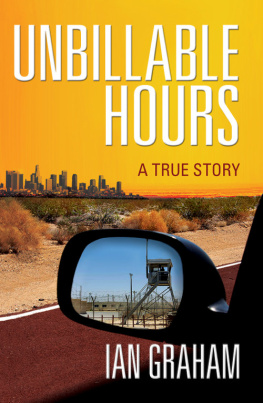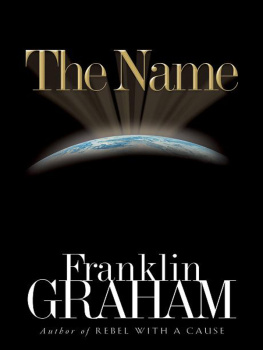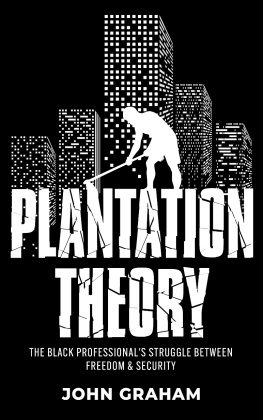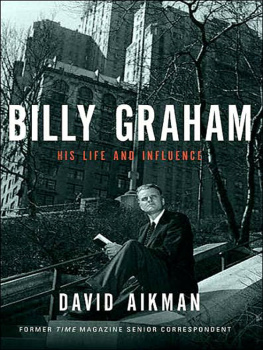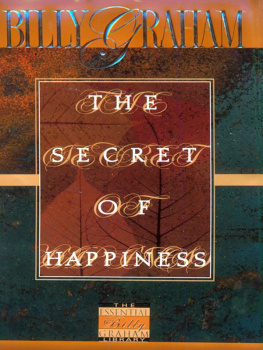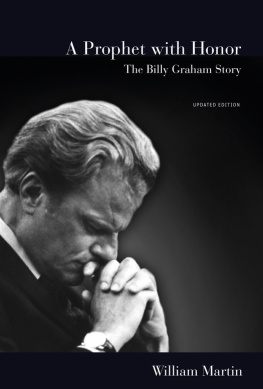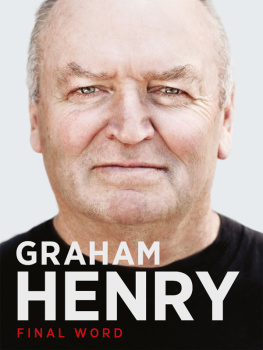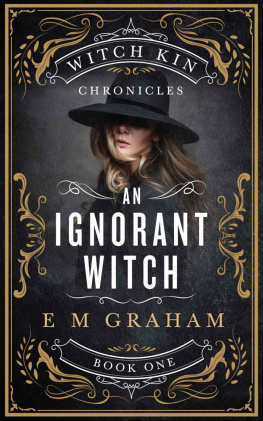UNBILLABLE HOURS
A TRUE STORY
Ian Graham
Every saint has a past
and every sinner has a future .Oscar Wilde
CONTENTS
A T A TIME when I thought I knew what I wanted, but still had a lot to learn, I became a lawyer. And it was my good luck to land my first job out of law school at Latham & Watkins, one of the worlds largest and most prestigious law firms.This book is an account of my five years as an associate at Latham in Los Angeles. It is not a novel. But because it was written by a lawyer, a few caveats are in order.Latham & Watkins is a real law firm. Mario Rocha, Sister Janet Harris, and Bob Long are real people. Those are their names, and the case that bound us together happened the way it is described here. A lot of the testimony and dialogue come directly from court transcripts. Some other conversations are from memory, mine and other peoples, and so are necessarily approximations, accurate, I believe, in content and tone.Mario Rochas case built up a huge public file as it was argued back and forth in at least eight courtrooms over twelve years. The case received a lot of press and was the subject of an award-winning documentary film, Marios Story. Many people on all sides prosecutors, defendants, witnesses, defense attorneys have already been identified publicly with the case. Their real names are used here also.Some back stories are told here for the first time though, and some people in them have not been prominently or publicly identified before. For several of them, their names and nicknames have been changed and their identities obscured for various reasons.Because this story takes place in a law firm, to protect clients privacy and confidentiality the identities of cases and clients and have been disguised by changing case names and facts. Some attorneys names have been changed also. The tedium, stress, and personal interactions involved are portrayed realistically. In a few instances, the timing of incidents has been compressed or modified slightly in the interest of making a long story a little shorter.Finally, while parts of this book reflect the frustration, discouragement, and insecurity of a young attorneys work, I would like to emphasize that I believe Latham & Watkins to be one of the finest law firms in the world. Nothing I say here is intended to criticize Latham specifically. It was simply the nature of big firm law practice that didnt agree with me. But they paid me well for it.It was Latham, after all, that took on Marios case when no one else would, invested millions of dollars in attorney time and expenses in it, and stayed with it for eight years, even when at times it looked hopeless. The case didnt earn Latham a cent, but it changed my life.Ian Graham
Santa Monica, California
October 2009__________________ Marios Story , produced by Susan Koch and directed by Susan Koch and Jeff Werner, won the audience award for best documentary at the 2006 Los Angeles Film Festival. www.mariostory.org
CALIPATRIA STATE PRISON, AUGUST 2005
T HREADING MY WAY east along the 10 Freeway toward downtown Los Angeles early on a Wednesday morning, I knew what was waiting in my office. A senior partner on the forty-fourth floor was expecting a draft of a demurrer motion Id promised him by midday. Another partner, on forty-two, wanted to talk to me urgently about a new insurance defense case he was staffing. I had interrogatories to answer in an employment case and deposition prep to do for a toxic tort case that was starting on Monday. But approaching downtown, I didnt take the Sixth Street exit, which led to the associates parking garage across from my office building. Instead, I stayed straight on the 10, heading east toward Palm Springs and beyond, my knuckles frozen white on the wheel.
In the passenger seat next to me the papers were stacked a foot high, a constant reminder of what lay ahead. I couldnt stop glancing over, wishing Id put them out of sight as if that would have made a difference. With each glance, my throat tightened and my right foot pressed down a little harder on the accelerator, pushing my new Range Rover past ninety on the California interstate.
I was on my way to the maximum-security Calipatria State Prison to deliver a coded note from a person on the outside, a veteran of the California prison system with influence inside the walls, clearing my client, Mario Rocha, of blame for something I had written. The handwritten note, concealed among hundreds of pages of meaningless legal cases, was serious contraband. If I got caught with it, I could be arrested and probably disbarred. I could lose my job, my career, and my new house in Santa Monica.
And Mario could be murdered in prison in a matter of days.
Even if I succeeded today, Mario would spend the rest of his life in prison unless I could get his conviction overturned. At the age of sixteen, he had been convicted as an adult for a murder he had not committed. He was serving a double life sentence with no possibility of parole. At twenty-five, a couple of years younger than me, Mario had been in prison for nine years. Overturning his conviction was, at best, a ten-thousand-to-one long shot.
Why am I doing this? I thought. This is way outside my job description . As a fourth-year associate at the ultra-white-shoe law firm of Latham & Watkins, I spent most of my time grinding out motions and memos for Fortune 500 companies, movie studios, and professional sports franchises in mega-million-dollar litigation. And while the firm encouraged associates like me to work on unpaid pro bono cases as a way to get hands-on legal experience and serve the community, my mission today was not exactly what the firm had in mind. Latham had recently warned me that my billable hours were low compared with those of other associates and that failure to fix this would negatively affect my future at the firm.
For a few miles, I began to panic. I should turn around. I should go back to the office. I should get my billable work done .
Somewhere past Palm Springs, with the Salton Sea shimmering in the distance, I was finally able to start putting my thoughts together. I had focused blindly on winning, my way, in the latest habeas corpus petition I had filed for Mario. Believing I had found a legal silver bullet, Id made a big and very possibly fatal mistake.
I had cited evidence Id recently discovered in police files that another teenager from LAs Latino barrio, a gang member called Joker, might have done the crime instead of Mario. And I had ignored the inmates unbreakable code of silence.
In my last visit to Calipatria, Mario had warned me about what could happen if I pointed a finger at Joker. Hes in here with me, Mario had whispered, and you cant bring his name into this, hes connected .
But I had pressed Mario about the police report implicating Joker. This might be our last chance to get him a new trial, and this was important information. I promised to emphasize that Id found the evidence pointing to Joker in public police files, and that it had not come from Mario. I argued that no one inside the prison except Mario would ever see my petition. All Mario would say was, Im not saying anything more about this.
On my own, I had described the police report in a footnote and added that it had come from a public source. I was a young lawyer, zealously representing my client, as the Canons of Legal Ethics say an attorney should. But I didnt know prisons. In a maximum-security prison there are no secrets among inmates and no exceptions to their code. Snitching informing on another inmate is a cardinal sin. Snitches are killed. Through the invisible web of the prison system, other inmates had seen the petition and word had spread on the prison grapevine that Mario had snitched.
Twice, Mario had been attacked, stabbed, and nearly killed. The next attack would likely be fatal. And it was my fault.

